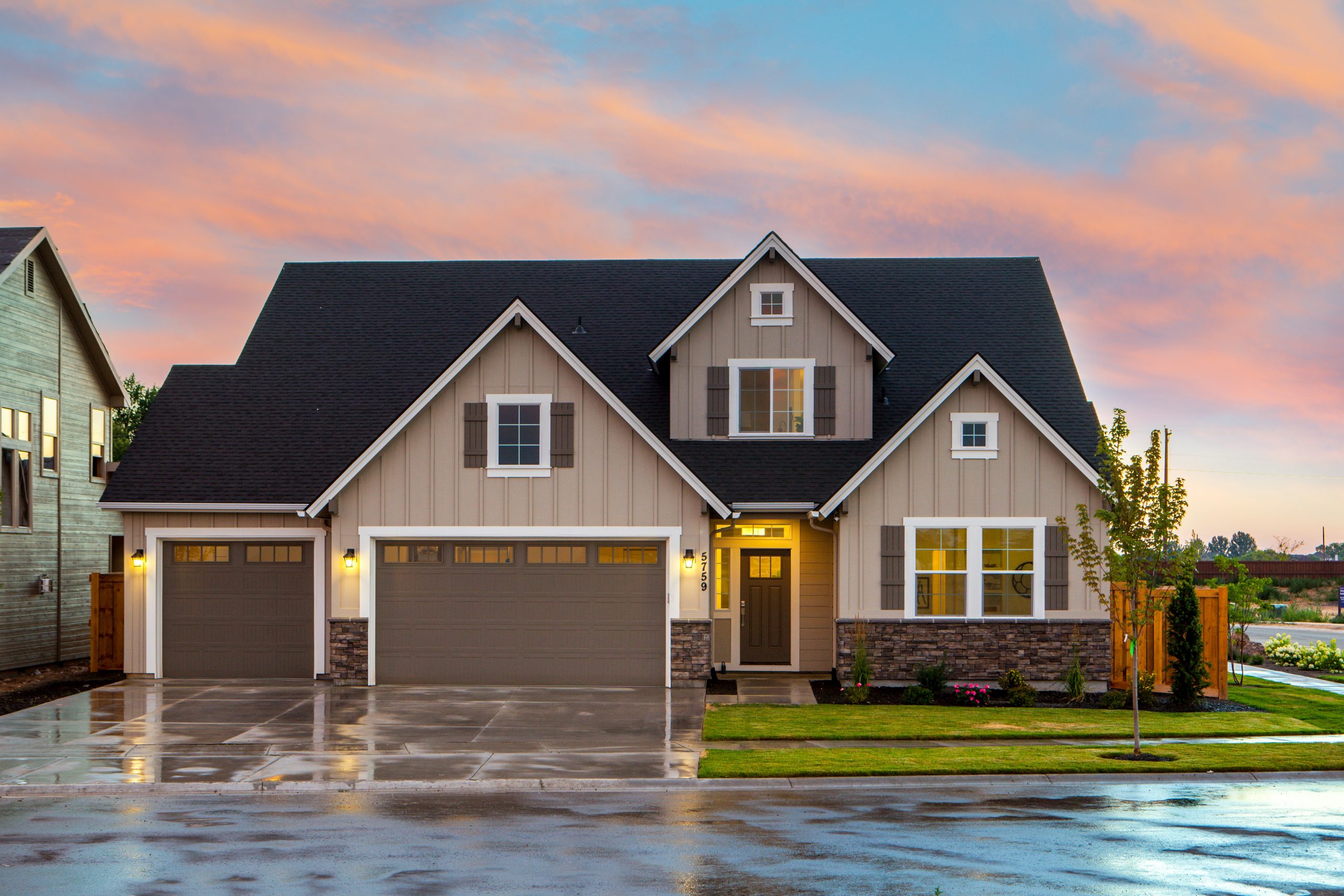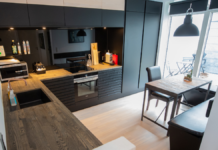The homeownership journey can be exciting and terrifying in equal measure. The process will entail essential details concerning the new home, including the condition of the appliances, structure, plumbing, electricity, among others. The good news is that you can have your home inspected to avoid your new home becoming inhabitable. One of the vital components of the home-buying procedure is having it inspected.
If you plan to buy a home, contact a qualified and experienced property inspector to check it for you. They will examine the whole house and establish any problems that need fixing before moving into it. The inspector will also let you know if some severe issues might make you change your mind. After inspecting the home, the professional will give out a report that shows a checklist of the house’s main features, a statement concerning all the areas in the house, and photographs to support the summary.
The report should include the estimated useful life of the remaining parts of the house, such as paint, roof, and finishes. It should also include the recommended repairs and repairs. If you are in the home buying process, the following are the five most important things that the inspector should consider.
1. The Exterior of the Home
The inspector should start by examining the state of the home exterior and its general condition. They should concentrate on the drainage systems and check if there is any evidence of water leakage. Additionally, the inspector should check the state of the siding, foundation, landscaping, and exterior painting. They should report any damages noted on the garage, stairs, deck, and patio.
2. Plumbing, Electrical, and other Major Systems
All home inspections should include an assessment of the electrical, plumbing, and HVAC systems. The inspector should note the condition and expected longevity of all the components. They should concentrate on the areas that need more concern. The professional should check on the heating and cooling systems, including the availability of dust, airflow, and smell.
The inspector will check the state of the wiring, cables, breakers, and panels for the electrical systems. The last thing that the inspection should entail is the plumbing system. They should check for any leaking pipes, if pumps are in good working condition and if the water heater installation was done properly.
3. The Inspector Should Check the Exterior Structural Components
It is costly to repair or replace the exterior components of the house. Therefore, the inspector should be keen while checking the doors, windows, and roof to determine their condition and expected life span. When inspecting the roof, the professional should concentrate on the chimneys, vents, gutters, and facia boards, among other things. The inspector should check if the doors and windows have cracks, rot, or improper installation, among other damages.
4. Consider Checking the Basement
The basement is one of the most forgotten spaces in a house. The inspector should include it in the inspection list. The inspector checks if there is evidence of moisture, pets, and other structural and foundational problems. If the house you want to buy has a basement, the inspector will check some of the issues.
5. Interior Rooms, Kitchens, and Bathrooms
The inspector will concentrate on the sizes of each room and paint color. It will be easy to notice any structural problems that the rooms may be having. The professional should also check the condition of the walls, floors, ceilings, electrical switches, among other things. The kitchen should be in the best shape.
The inspector will scrutinize the kitchen to know the condition and size of appliances, the water flow, drainage system, cabinets, and others. The bathroom should not be left out. It can be expensive to fix any problem that the inspector notices. The professional should inspect the sink, bathtub, water flow, and pressure and note any plumbing or leakage problems.
The Final Thoughts
If you want to buy a home, you should not do so before being inspected. A home inspection will help you know the areas that need repair or replacement. That will provide you with good bargaining power or change your mind if the house has many problems. Before buying a home, ensure that the inspector has checked the above areas.















